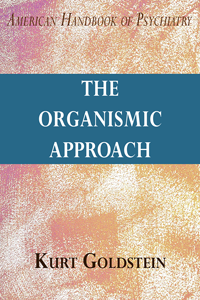

This manual is well referenced, which is valuable for both teaching and consultation.
Mical psychosomatic medicine full#
A pocket-sized volume, easily carried on the medical wards, yet packed full of useful clinical information on diagnosis, etiology and management. Clinical Manual of Psychosomatic Medicine: A Guide to Consultation-Liaison Psychiatry now fills this void. However, none of these has been useful as a handy and accessible guide for day-to-day management of medical patients with psychiatric presentations. Disaster and Terrorism CasualtiesĪlthough several recent efforts have produced excellent textbooks in psychosomatic medicine.

This emphasis on integrated care contextualizes the information presented in a useful, real-world manner.Īuthoritative, practical, and user-friendly, the Clinical Manual of Psychosomatic Medicine is an outstanding resource that equips the clinician with current, concise, relevant data and counsel to guide decision making and optimize care of medical and surgical patients with psychiatric comorbidities. Reflects the way care is most often delivered-by a multidisciplinary team providing evidence-based, individualized treatment focused on either the clinical condition (e.g., obesity) or the treatment setting (e.g., primary care).Emphasizes the core competencies adopted for the subspecialty of psychosomatic medicine (recognized by the American Board of Medical Specialties since 2003) to provide a benchmark for skill development across training programs and academic departments.Offers a revised format of bulleted lists that maximizes accessibility of critical information so that clinicians can readily locate the required material.Provides concise information on psychiatric conditions-such as delirium, depression, and dementia-that can interfere with medical care if not addressed.Expands the first edition's content to encompass more than two dozen topics most commonly encountered by residents and staff psychiatrists.

The Clinical Manual of Psychosomatic Medicine, both educates psychiatrists and mental health professionals practicing in hospital settings about the relationship between physiological processes and psychological and behavioral factors and arms them with the evidence they need to inform hospital administrators about the value of the services they render.


 0 kommentar(er)
0 kommentar(er)
